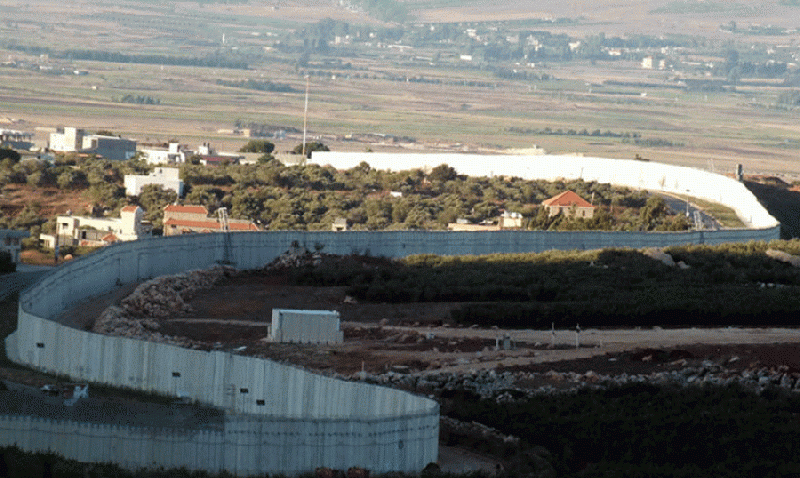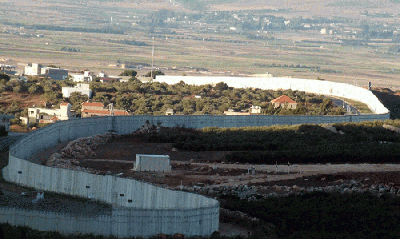Is the presidential crisis file in Lebanon nearing a revival of the close coordination and understanding between the United States and France, which led to the issuance of UN Resolution 1559 in 2004? This question is no longer surprising given the new-old backgrounds left by the statement from the ambassadors of the Quintet Group— the United States, France, Saudi Arabia, Egypt, and Qatar— last week, which set a deadline viewed as urging the election of a new president before the end of May. Naturally, this deadline will pass without a presidential election, which explains the ongoing diplomatic maneuvers, whether through the individual and collective actions of the five ambassadors in Beirut directed toward political forces, or through the rising signs of French-American coordination regarding Lebanon.
It is evident that Paris has decided to accompany the strong effort recently initiated by the five ambassadors by reactivating French presidential envoy Jean-Yves Le Drian's mission in Beirut, following a long period since his last multiple tours in Beirut as part of the French initiative to resolve the presidential crisis. In this context, a correspondent from "An-Nahar" in Paris reported from a senior French source that Le Drian is expected to visit Lebanon next week to discuss the upcoming phases within the dynamics driven by the Quintet Committee for the presidential election, especially before U.S. President Joe Biden's visit to France for the Normandy anniversary celebrations on June 6, where the French source confirmed that President Emmanuel Macron intends to discuss the Lebanese file with his American guest.
Furthermore, "An-Nahar" indicated that President Macron contacted Saudi Crown Prince Mohammed bin Salman to discuss the files of Lebanon and Gaza. It was learned that the Crown Prince agreed to Macron's recommendations regarding the presidential issue, although the concerned source declined to delve into these recommendations and mentioned the possibility of a French visit to Saudi Arabia.
In clarifying the nature of the recent movements of the five ambassadors, Egyptian Ambassador to Lebanon Alaa Moussa announced that the Quintet Group is not in the process of naming those obstructing the presidential election but rather aims to remove obstacles, and any guarantees that can be provided require initial commitment from the blocs. Moussa also affirmed that the Israeli incursion into Rafah significantly harmed negotiations, but mediation efforts continue in hopes that the coming days may witness their resumption.
Meanwhile, the political movement has not seen notable developments, as the Speaker of the Parliament, Nabih Berri, arrived at the head of a delegation that included Foreign Minister Abdullah Bou Habib, Deputy Head of the Supreme Islamic Shiite Council Sheikh Ali Khateeb, member of the Presidency of the Amal Movement Khalil Hamdan, and media advisor to the Speaker Ali Hamdan, to offer condolences for the death of the Iranian president and Foreign Minister Hossein Amir-Abdollahian. Berri and the accompanying delegation later met with Iranian leader Ali Khamenei and interim President Mohammad Mokhber to offer their condolences. Hezbollah’s Deputy Secretary-General Sheikh Naeem Qassem represented his party at the funeral, and there will be a speech by Sayyed Hassan Nasrallah tomorrow at a memorial held by the party for the deceased Iranian officials.




